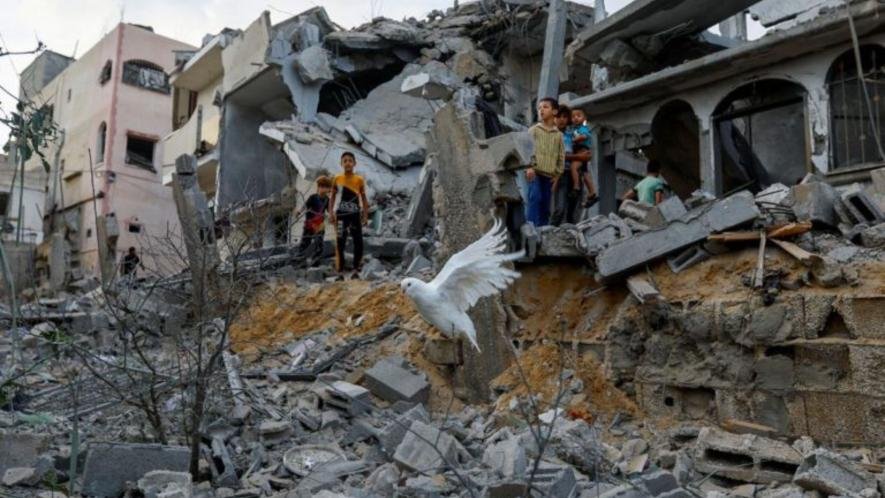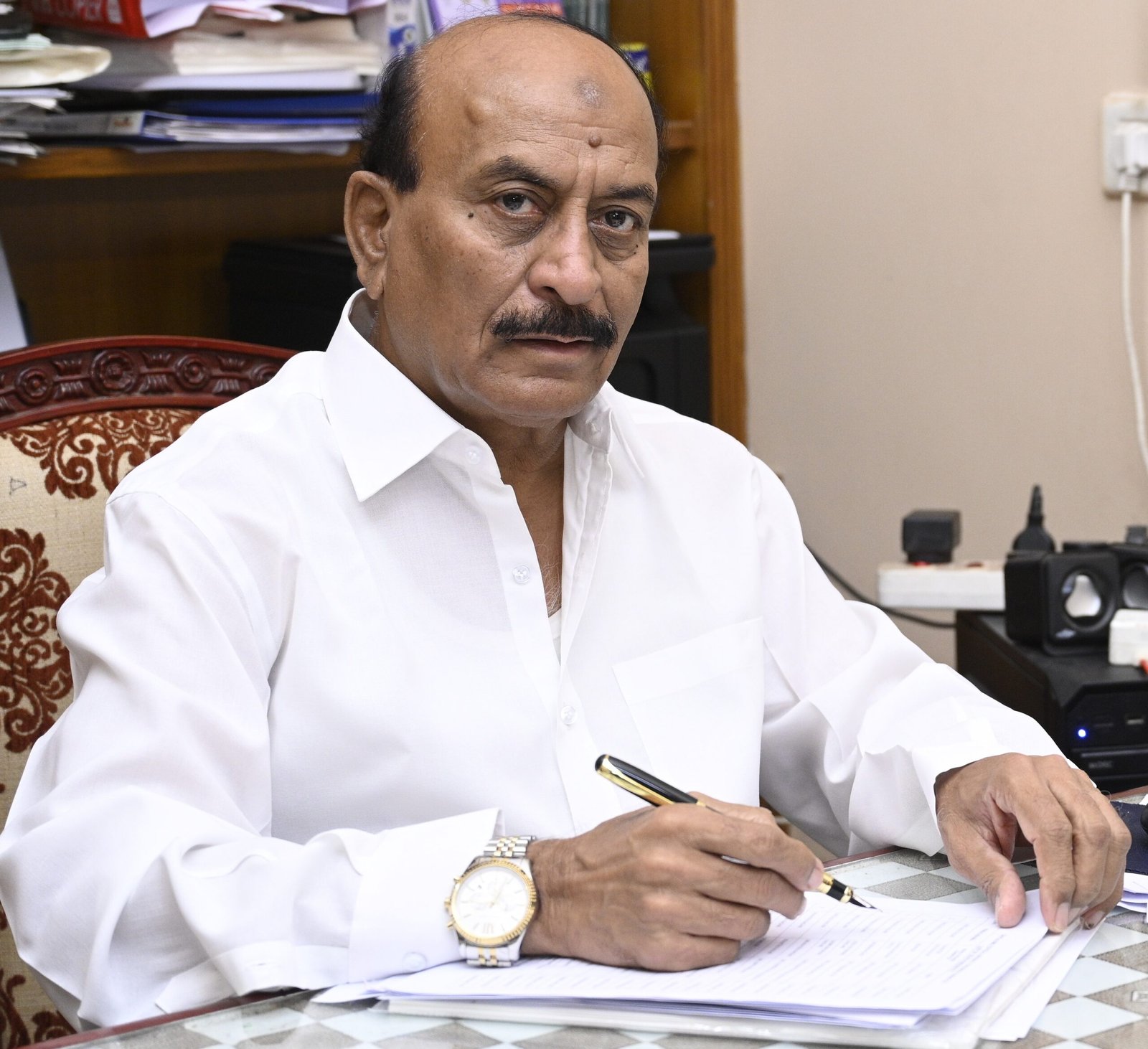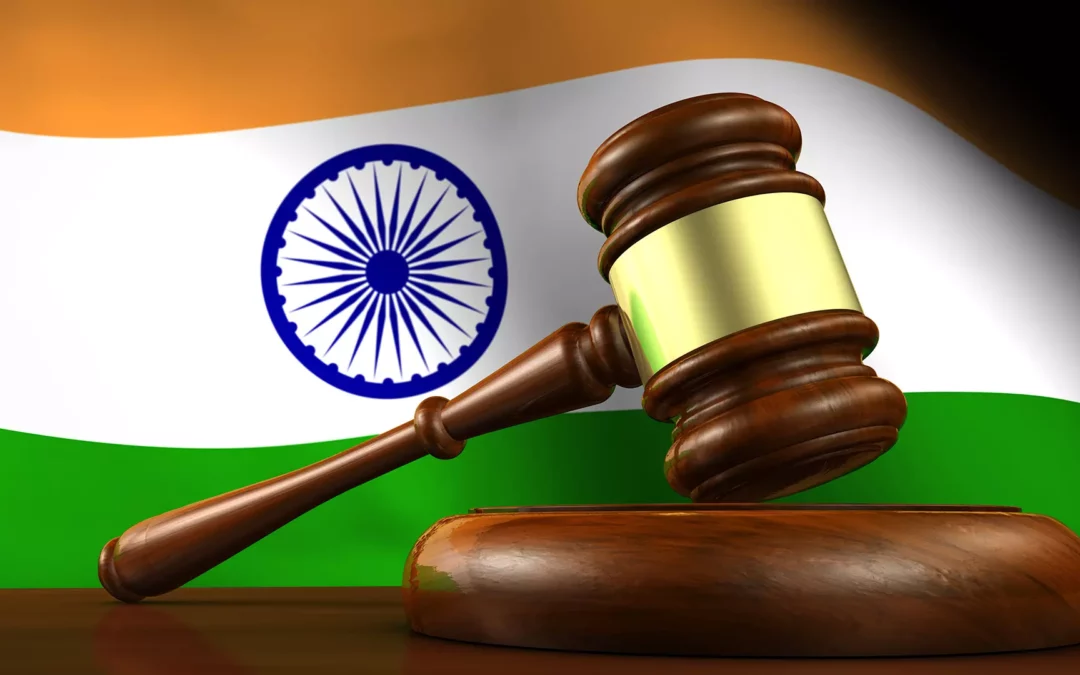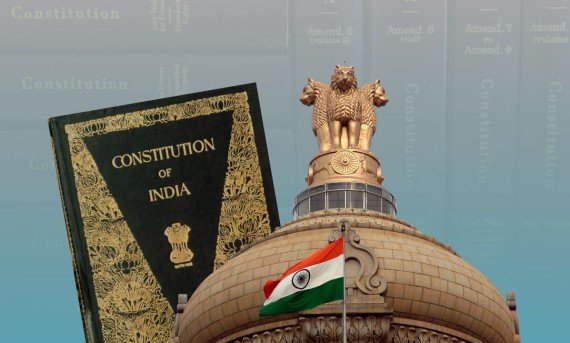
India’s Stand Amidst Israel’s Bombing of Palestinians


The ongoing airstrikes over the past nine days, aimed at uprooting ‘Hamas’, an organization that has been engaged in a prolonged struggle to protect its people and their land, including the Masjid-e-Aqsa (Qibla-e-Awwa), carried out by the Us-trained military of Israel, and supported by France, Britain, and America, have sparked significant global apprehension. The aerial bombardments have resulted in a tragic loss of life, with over 2,000 Muslim casualties so far. The situation in the Gaza Strip has worsened, with residents being tortured and forcibly evacuated on the directions of Israeli authorities. The inhabitants of the region, including innocent children are in dire need of even a single sip of water since the water supply for them has been abruptly stopped. Over the course of history, western powers have and will continue to align themselves with Israel, whereas India has unwaveringly stood by Palestine on account of being aware of the historical backdrop in which Israel occupied Palestinian territory, in consequence of the forced settlement of Jews in that land facilitated by Britain in 1948. This enduring support for Palestine has remained consistent from the time of Jawaharlal Nehru to Atal Bihari Vajpayee’s leadership.
Today, India’s current foreign policy has changed. Today, the Bharatiya Janata Party, the political faction of the right-wing Rashtriya Swayamsevak Sangh (RSS) commands a majority government with Prime Minister Narendra Modi at the helm. It is worth mentioning that it is the same Modi during whose tenure as Chief Minister of Gujarat, more than 1,000 Muslims tragically lost their lives during Gujarat riots in the year 2002. Obviously, the foreign policy pursued by the BJP and Prime Minister Modi differs significantly from what it was 45 years ago. This transformation is notably evident in India’s strong support to Israel in the on-going conflict with Palestinian Hamas. Foreign policy does not remain static and evolves with different governments and times. If Prime Minister Modi has chosen to show solidarity with Israel, it is his prerogative to do so. Nonetheless, the extension of support to Israel should not be equated to branding all Palestinians on whose land Israel stands today, as terrorists. In order to hold a mirror up to the Modi government, a video is currently circulating on social media, featuring Atal Bihari Vajpayee. In the video, Vajpayee unequivocally expresses his support for Palestine and strongly emphasizes the necessity for Israel to vacate Arab territories. He clears up any doubts regarding the Janata Party’s commitment to the Arab cause asserting that the apprehensions of non-support as unfounded. He underscores that, once in power, the party would carefully assess the Palestinian issue based on its merits, but he remains steadfast in his belief that Israel should withdraw from the Arab lands it has occupied. Vajpayee goes on to fervently advocate for the liberation of Arab lands and the establishment of the legitimate rights of the Palestinians. He stresses the urgent need for a comprehensive solution in the Middle East that can effectively curb acts of aggression and lay the groundwork for a stable and lasting peace. It’s worth noting that these statements do not originate from a Muslim politician or leader but rather come from a speech delivered by Pandit Atal Bihari Vajpayee during his tenure as the Foreign Minister in the Janata Party government under Morarji Desai. When Atal Bihari Vajpayee delivered this speech, the Cold War between the United States and the Soviet Union was at its peak and the stand of our country was in line with the sentiments expressed by Vajpayee. Following the release of this video and widespread criticism and condemnation from various quarters about the backing of the government to Israel, the Modi government, on October 12, ultimately issued a statement expressing support for Palestinian freedom and a desire for peace in the region.
Presently, Hamas is the de facto government in the Gaza Strip of Palestine. If the entire population of the region supports its leadership, should the entire population warrant labelling as terrorists? It also appears that Hamas leaders lack prudence, sagacity, and long-term vision. What was the necessity for them to engage in conflict with Israel, especially when the United States, which is often accused of promoting terrorism globally, is firmly aligned with Israel?
There are over 50 countries worldwide, including India, which are well aware that if there is any country that could be called the ‘mother of terrorism’, it is primarily the United States. Perhaps no other country has experienced as much terrorism as India has. Numerous questions arise when one examines the issue of terrorism from the correct perspective. Who were the individuals involved in anti-India activities and classified as terrorists? Were they exclusively of Pakistani origin? Who radicalized them against the Soviet Union and equipped them with weaponry? Who established extremist training centres in Lal Masjid and other places in Pakistan? Was it not the United States, which, unable to achieve its objectives in Afghanistan, inadvertently fostered the menace of terrorism against India? Whose legacy does ISIS represent? Was it not the United States that, in pursuit of securing access to oil, armed ISIS extensively, and once its purpose served, dismantled the organization? America’s track record includes deceitful attacks on both Vietnam and Iraq, which are now apparent to the entire world, like a clear reflection in a mirror. Yet there is reluctance across the world to confront America about its role in promoting terrorism.
If Palestinians are labelled as terrorists, why did Foreign Minister S. Jaishankar assert in the Lok Sabha that India’s friendship with Israel doesn’t mean distancing from Palestine? Additionally, he highlighted that the Modi government is providing more funds for the resettlement of displaced Palestinians than any other government. Those who are unfamiliar with the history of Israel and Palestine, overtly or covertly support Israel just to give vent to their Islam phobia sentiments, knowing fully well that the Palestinians are primarily Muslims. Such persons must know that until 1948, Israel didn’t exist as a country and faced global rejection. Even the United States, now the God-father of Israel, did not grant any land to the Jews. When Jewish refugees fleeing Hitler’s persecution sought safety, it was Palestinians who allowed them to settle on their land. Over time, due to their expansionist ambitions, the Israelis gradually encroached on Palestinian territories, primarily through force. Presently, they dominate these lands with superior military might. Consequently, when Palestinians try to regain their homeland, they are often labelled as terrorists, notably by the United States, the new God-father of the world and on the other hand the Israelis, who have forcefully occupied Palestinian lands, are termed rightful owners of the lands. This situation is deeply troubling and calls for change. A unified international effort is needed to address Israel’s occupation of Palestinian land. Our country India, in line with its historical commitment should continue to support and provide relief to the oppressed Palestinian population.





